Detroit, Michigan, once the nation’s home for the automotive industry, has suddenly become a hotspot for growing tech startups. Over the past decade, tech companies have established headquarters in the midwestern city, seemingly out of nowhere. However, there are definite reasons why business owners and startups consider Detroit a cheaper alternative to San Francisco or Silicon Valley.
As Detroit developed, the local government invested in infrastructure to provide the necessary tools for entrepreneurs. The availability and accessibility of high-speed internet is a critical tool that has informed this sudden tech boom. There’s plenty to explore in the city’s evolving tech scene; here’s how advanced internet services complement Detroit’s ever-growing startup landscape.
Detroit’s Startup Development
Before startups, Detroit was universally known as a hub for automotive manufacturing. When outsourcing became a cheaper way to develop and produce cars on a large scale, Detroit was left in the dust, aggressively depreciating its economic standing. Over the years, the city has made a substantial financial comeback in the technology market.
Detroit’s tech focus isn’t accidental; several factors have contributed to the city’s startup increase. As the automotive industry became almost extinct in the area, the local government made moves to invest in tech infrastructure. Detroit began developing tax incentives and initiatives for entrepreneurs who want to create startup incubators and accelerators. These initiatives attracted businesses to Detroit for their lucrative nature and the resources that the local government was able to provide.
Detroit is a metropolis at the forefront of “smart city” development. A smart city is a term used to describe a place that utilizes high-speed, publicly accessible internet to solve issues like traffic, parking, security, and mobility. Detroit’s increased funds in its technology sector and move towards urban mobility services have directly affected the startup and entrepreneurial acceleration in the area.
The most significant factor elevating Detroit’s success as a tech hub is its focus on collaboration. The city has made strides in building a tech ecosystem by connecting businesses, colleges, and schools to create entrepreneurial mentorship programs. Initiatives like the TechTown Detroit, the Detroit Technology Exchange, and the Michigan Economic Development Corporation have made massive strides in accessible opportunities for Michigan residents. These opportunities include startup mentorship, business collaboration, and networking to get one’s business dreams off the ground.
The combination of tech infrastructure, tax incentives for local businesses, and general entrepreneurial culture facilitated this startup increase. The landscape has created some foundational tech businesses that use the power of the internet, AI, and autonomous services to help transform the city as well as the entire nation.
Notable Tech Startups in Detroit
Detroit is now home to a renowned group of startups and tech businesses, giving other substantial hubs like San Fransisco a run for their money. These companies focus on different aspects of modern advancement, from autonomous shuttles to aircraft.
As stated above, Detroit is moving towards a “smart city” design. May Mobility is a startup that’s created waves in the tech industry in and outside Michigan. The company develops and operates self-driving shuttles that would work for both public and private transportation. The startup aims to alleviate traffic and mobility issues in urban environments.
StockX is a startup that has significantly impacted the online marketplace. Founded in 2015, the company works similarly to other marketplaces like eBay, focusing on selling and buying sneakers, streetwear, and other apparel. StockX has now become a hub for reselling electronics and other homewares and goods. The resale marketplace has gotten notable attention for its high-profile investors like Mark Wahlberg and Eminem.
Benzinga is a financial media and technology company with headquarters in Detroit. The company is massively involved in cryptocurrency and provides real-time updates, such as data and analysis, for virtual currencies and stocks. Benzinga has recently expanded to include fintech products and services, which has attracted traders and investors from outside the United States.
Reliable Internet in Detroit
Though government initiatives like tax incentives have made tech startup growth possible in Detroit, another key factor has helped businesses increase. The role of accessible, steady internet is a highly critical part of Michigan’s modern development.
High-speed internet is crucial for startups trying to get their business off the ground. Internet connectivity provides access to a wealth of knowledge and resources, including online tutorials, coding resources, and market research data. Entrepreneurs are constantly attuned to competition, so internet access helps keep them in touch with the developing market and its business contenders. Staying connected to the web is imperative for businesses attempting to keep up with a tech landscape that’s constantly adapting.
As Detroit transitions into a smart city, establishing reliable, public internet is more important than ever. High-speed internet is the groundwork for any city looking to elevate its tech capabilities since it is essential for implementing all Smart City services. These cities are thriving through the application of sensors and updated data analytics, which are only provided by uninterrupted wireless connections. With massive internet connectivity, Detroit can enhance transportation services, optimize resources, and improve urban problems like traffic and general public safety.
Reliable internet promotes entrepreneurial growth in Detroit through digital inclusion and universal connectivity. Having available high-speed internet can help bridge the gap for residents who don’t have access to general resources. In low-income neighborhoods, startups and government initiatives that provide internet access can change the economic landscape of entire communities. The power of accessible connectivity gives all Detroit residents the power and assets to create their own businesses and financial opportunities.

